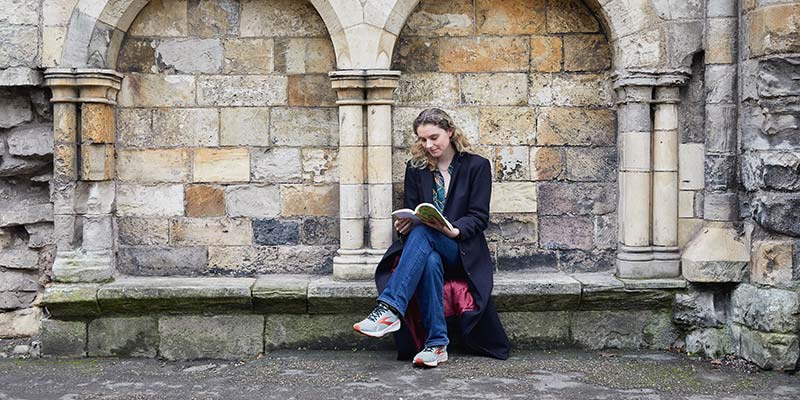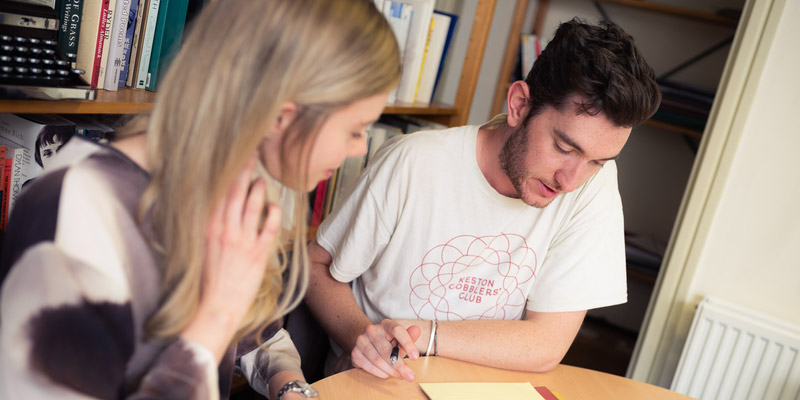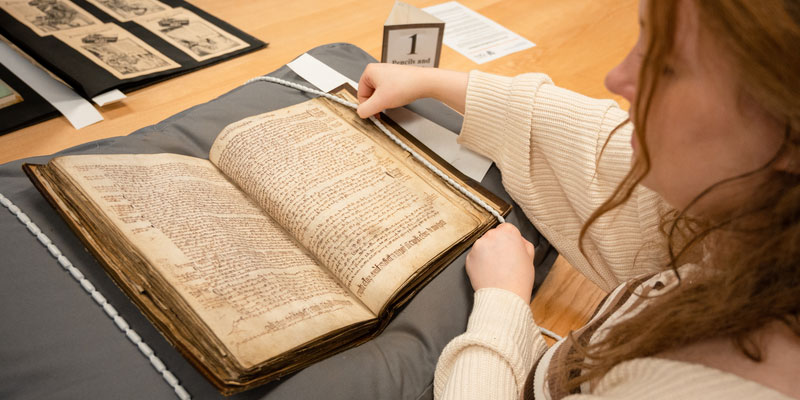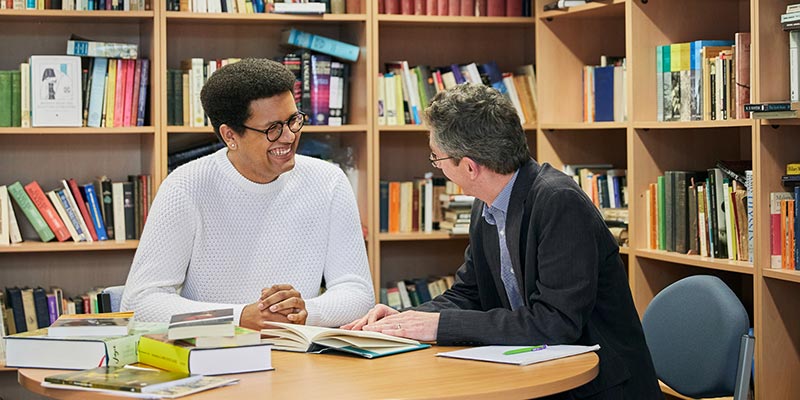| Length | Start dates (semester dates) | |
|---|---|---|
| PhD |
3 years full-time |
January |
Be inspired to reach your research ambitions in an intellectual and supportive community at the forefront of English research.
Your research
The diversity of our staff’s research interests means that we are well-positioned to supervise research in any field of literature, from the Middle Ages to the present day, including literature in languages other than English, and literary works in translation.
We also have distinctive expertise in practice-led teaching and research, including archival work and printing. The PhD in English and Related Literature is available on a full-time or part-time basis.
Under the guidance of your supervisor, you'll complete a thesis of up to 80,000 words. A typical semester will involve a great deal of independent research, punctuated by meetings with your supervisor, who will be able to suggest direction and address concerns throughout the writing process. You'll be encouraged to undertake periods of research at archives and potentially internationally, depending on your research thesis.
Throughout your degree, you'll have the opportunity to attend a wide range of research training sessions and research seminars organised by the research schools. These bring speakers from around the world for research talks and networking.








